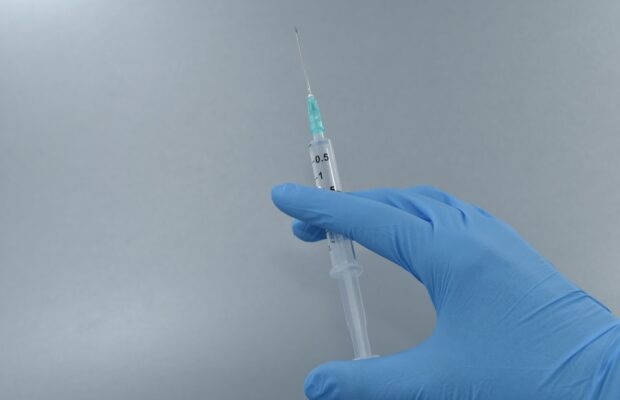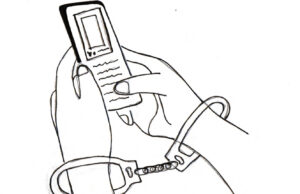Booster Shots are the next step in fighting off the pandemic

The surge of the COVID-19 Delta Variant brought on new challenges for our world to face. The CDC (Center for Disease and Control Prevention), decided that booster shots are needed to fight this rapidly evolving virus.
A booster shot is most commonly given after two rounds of a specific vaccine to encourage the immune system to keep fighting it. In other words, it is to prolong immunity. Due to the rapidly evolving COVID-19 virus, the CDC has announced that a booster shot may be a necessity for anyone more susceptible (immunocompromised) to getting sick.
According to the CDC, booster shots will only be required for those who got the vaccine in the early stage. “The goal is for people to start receiving a COVID-19 booster shot beginning in the fall, with individuals being eligible starting 8 months after they received their second dose of an mRNA vaccine (either Pfizer-BioNTech or Moderna),” according to the CDC website.
Healthcare providers, residents of care facilities, and adults over 65 or those who are at severe risk of getting sick are strongly encouraged by the FDA (Food and Drug Administration). Besides that specific group of people, “the FDA overwhelmingly rejected recommending Pfizer booster shots for most recipients of the company’s coronavirus vaccine,” The New York Times stated. The reasoning behind this is the majority of trials with this new vaccine were done on the elderly population, and the vaccines that were distributed more recently haven’t shown signs of declining in terms of immunity.
In addition to the new booster shots, Pfizer and BioNtech announced that the first major trial of vaccine testing on children 5-11 years have produced positive results. While young children are less likely to become seriously ill, they are still exposed.
With school’s returning to in-person learning, it is becoming more and more of a serious consideration to get young children vaccinated.

